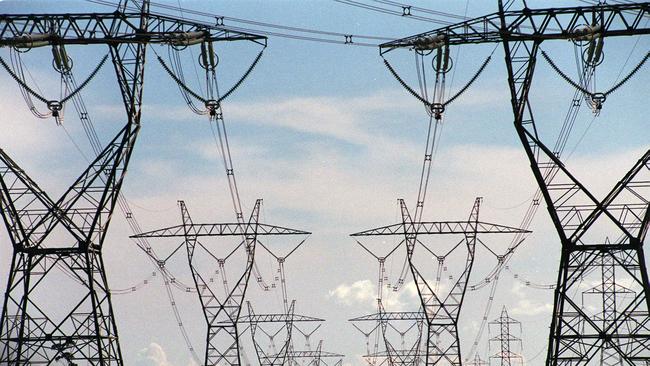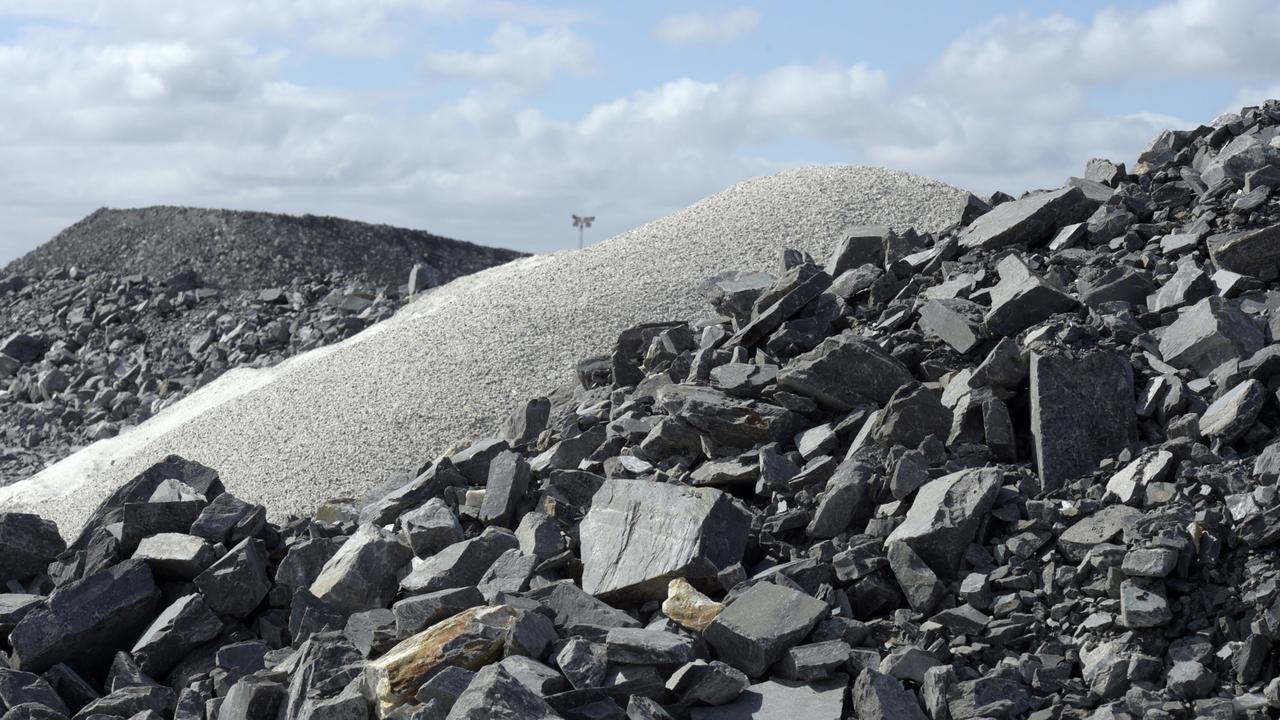
Global private equity firms Oaktree Capital Management, Kohlberg Kravis Roberts and Bain Capital are believed to be circling the Basslink Interconnector, which has recently be attempting to refinance loans worth close to $700m.
It is understood the owner of the Basslink Interconnector – a 290km underwater cable between Tasmania and Victoria – has been making moves to refinance its debt in a process overseen by investment bank Citi.
However, sources say the refinancing has fallen through and distressed debt investors are now assessing the opportunity.
Some of the original lenders to the subsea cable operator have been keen to retreat from the problematic asset.
A refinancing would have enabled them to exit without selling their loans into the market – probably at a discount.
But a logical plan for KKR, Bain and Oaktree is to pick up the loans at discount to their original value. No doubt, they would only be keen to acquire the asset or its debt at a discount with the prospect of a second interconnector from Bass Strait to Victoria to be developed by TasNetworks.
The expectation is that any acquisition price will be a far cry from the $1.175bn originally paid for the asset in 2007.
Also taken into consideration will be the legal battle with the Tasmanian government’s Hydro Tasmania unit last year over who was responsible for major outages in 2015. The case was lost by Basslink’s owner, Keppel Infrastructure, which has reportedly been required to pay $38.5m in damages to the state government.
In 2019, the debt for Basslink was understood to be about $717m before a refinancing due that year.
The interconnector, which incorporates a 12-core fibre-optic telecoms cable, links the Victorian and Tasmanian electricity grids. It gets most of its cashflow from a 25-year term agreement with Hydro Tasmania.
UBS previously tried to sell the asset, which is designed to protect Tasmania against the risk of drought-constrained energy shortages, with an asking price of about $1bn.
The understanding was that the interconnector’s owner, Keppel, was considering putting more money into the asset or drawing on existing banking relationships to get a transaction across the line.
The largest lender in the original syndicate was NAB, which was owed $128m in 2019, while Bank of Tokyo Mitsubishi UBJ (now rebranded MUFG Bank) was owed $114m and CBA $86m. Other lenders at that time included the Bank of Nova Scotia, BNP Paribas, DBS, ING, OCBC Bank and United Overseas Bank.




To join the conversation, please log in. Don't have an account? Register
Join the conversation, you are commenting as Logout